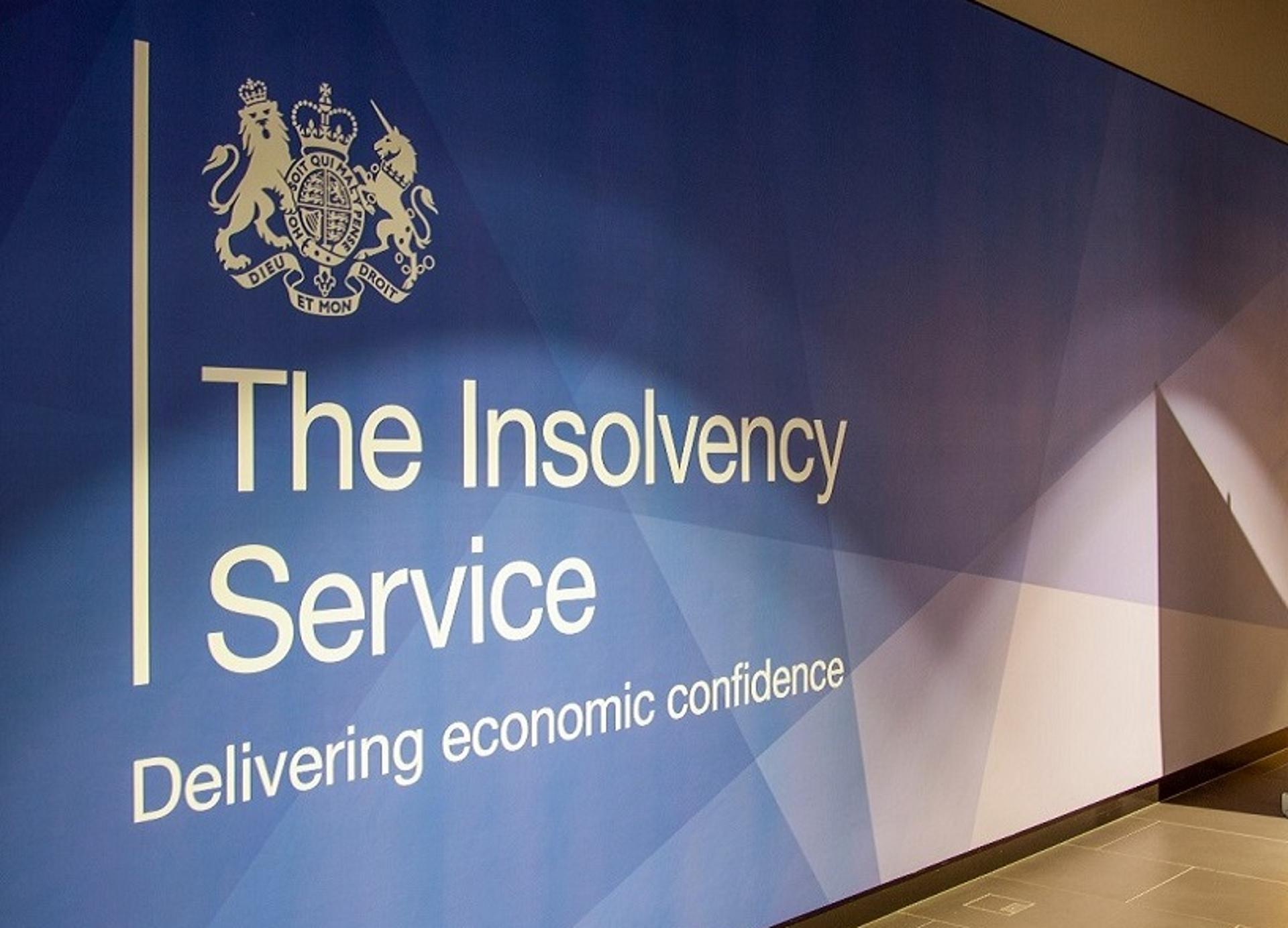
Official data has revealed that fewer companies fell into insolvencies across England Wales during May, amid improving business activity. While insolvencies remain higher than pre-COVID-19, the lower figures are said to reflect the improved trading conditions the UK is seeing.
According to the Insolvency Service, 2,006 companies in England and Wales collapsed last month, down 6 per cent compared to April 2024 and a 21 per cent drop from the number of insolvencies seen a year earlier in May 2023.
Government assistance during the COVID-19 pandemic saw insolvencies fall sharply during 2020, but 2021 and 2022 saw a steady increase in administrations, while 2023 saw a dramatic increase, with the highest number of company insolvencies since 1993.
Insolvencies have remained high for much of 2024 so far, with the economy continuing to recover after entering a small recession at the end of 2023. However, experts have said that the monthly fall in insolvencies reflects better trading conditions.
Kroll Managing Director Benjamin Wiles commented: “Compared to this time last year, we are seeing a pickup in business activity with key indicators showing improving consumer and business confidence.”
Issues do still remain for UK companies, of course. Economic growth was flat in April, according to ONS statistics, while the Bank of England has continued to hold interest rates steady, despite inflation hitting its target for the first time in three years.
Furthermore, it is also expected that insolvencies will remain high for some time, with many companies in significant financial distress unlikely to reap the benefits of economic improvement before they collapse.
However, the overall picture for UK companies is undoubtedly more positive. Benjamin Wiles continued: “While I think it’s fair to say that we aren’t quite out of the woods, compared to twelve months ago when businesses were managing unpredictable cost inflation and energy bills, it does feel there’s now a lot more certainty for companies to plan.”
FRP partner David Hudson, meanwhile, said: “Insolvency levels appear to be stabilising, however many businesses still find themselves in a perilous state of limbo.”
“Economic growth has stagnated after a positive couple of months while many investment decisions remain on pause as we await predicted interest rate cuts and the outcome of the General Election – a particular risk in sectors like construction where purdah can stall planning decisions.”
The construction sector continued to be the worst hit by insolvencies in the year to the end of April, with 4,401 insolvencies – 18 per cent of all collapses in England and Wales. The next most affected sector was wholesale and retail, with 3,906 insolvencies, followed by accommodation and food service, with 3,821.
The services sector could be key to a rebound in UK M&A
Stock forecasting is a challenge for most companies, if inventory is not well managed the enterprise will face an increase in costs and even it can register losses. This stock management software solution provides an optimal forecast so that the ente...
The company for sale is located in UK and is operating for almost three decades in UK, Europe and other countries. The company is staffed with experienced professionals and provides exceptionally reliable international transportation, freight forward...
The owner and creator of a software company for retail furnishing in the United Kingdom are looking to sell the business. They are open to speaking to interested buyers that want to acquire a sound company with niche product services. The company ha...
Join today to receive:
All this and much more, including the latest M&A news and exclusive resources
We can help you capitalise on insolvent businesses. We list UK businesses in administration, liquidation and with winding up petitions daily. Ensuring our members never miss out on an opportunity
Please choose your settings for this site below. For more information please read our Cookie Policy
These cookies are necessary for our website to function properly and provide you with access to all features.
These are analytics cookies that help us to improve the way our website works.
These are used to improve the functional performance of the website and make it easier for you to use.
